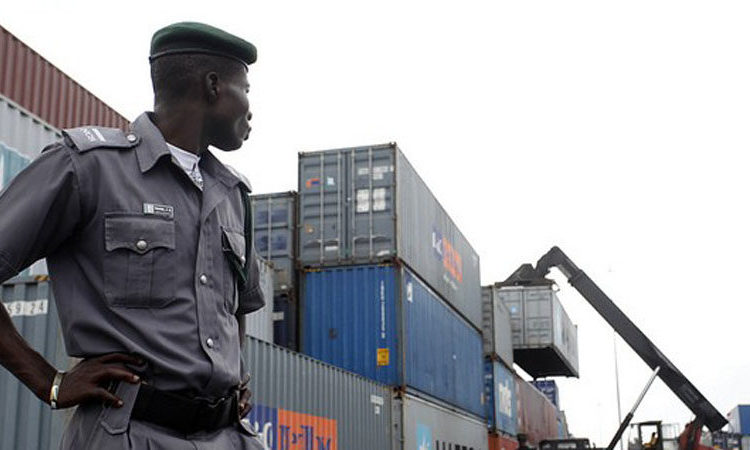Thousandsof imported used and new vehicles are currently trapped at the Five Star Logistics Ltd, operator of terminal D at the Tin Can Island Port Complex, Lagos after the Nigeria Customs Service (NCS), removed the terminal operator from its portal over N97.3million indebtedness.
LEADERSHIP reports that the Public Relations officer of the Tin-Can Island Command of the Customs Service, Uche Ejisieme, disclosed that in the course of investigation and auditing, the system revealed an unpaid accumulated amount, hence the reason for the blockage of the terminal.
”I can authoritatively confirm to you that the service has blocked the exit access for Five-Star Logistics following an investigation that led to the discovery of unpaid assessment to the tune of N97.3m,” the Command’s spokesman declared.
However, speaking to LEADERSHIP on the debt and consequences of the blockage, the acting president, Association of Nigerian Licenced Customs Agents (ANLCA), Kayode Farinto, however, warned the terminal operator to solve the issue before Tuesday or be sued for breach of agreement.
He said, “It has been brought to the notice of the National Executive Committee (NECOM), that our members are unable to exit the already released vehicles and cargoes from the five Star Logistics because the terminal operator has been deactivated from Customs portal as a result of unpaid assessment running into millions of naira.
“We wish to inform our members that,l ANLCA is on top of this issue and we are saddened about the development. However,we shall give the terminal operator between now and next Teusday to resolve their issue with Nigeria Customs Service if not, we will be taking them to court for beach of agreement and failure to deliver these cargoes to the importers representative.
“Also, Five Star should know that she e will be responsible for all demurrages and storages charges that may accrue withing these period (6th of July to date).
“Finally, we urge our members to be calm and law abiding and I will advice we keep the receipts of all payments during these period.”





